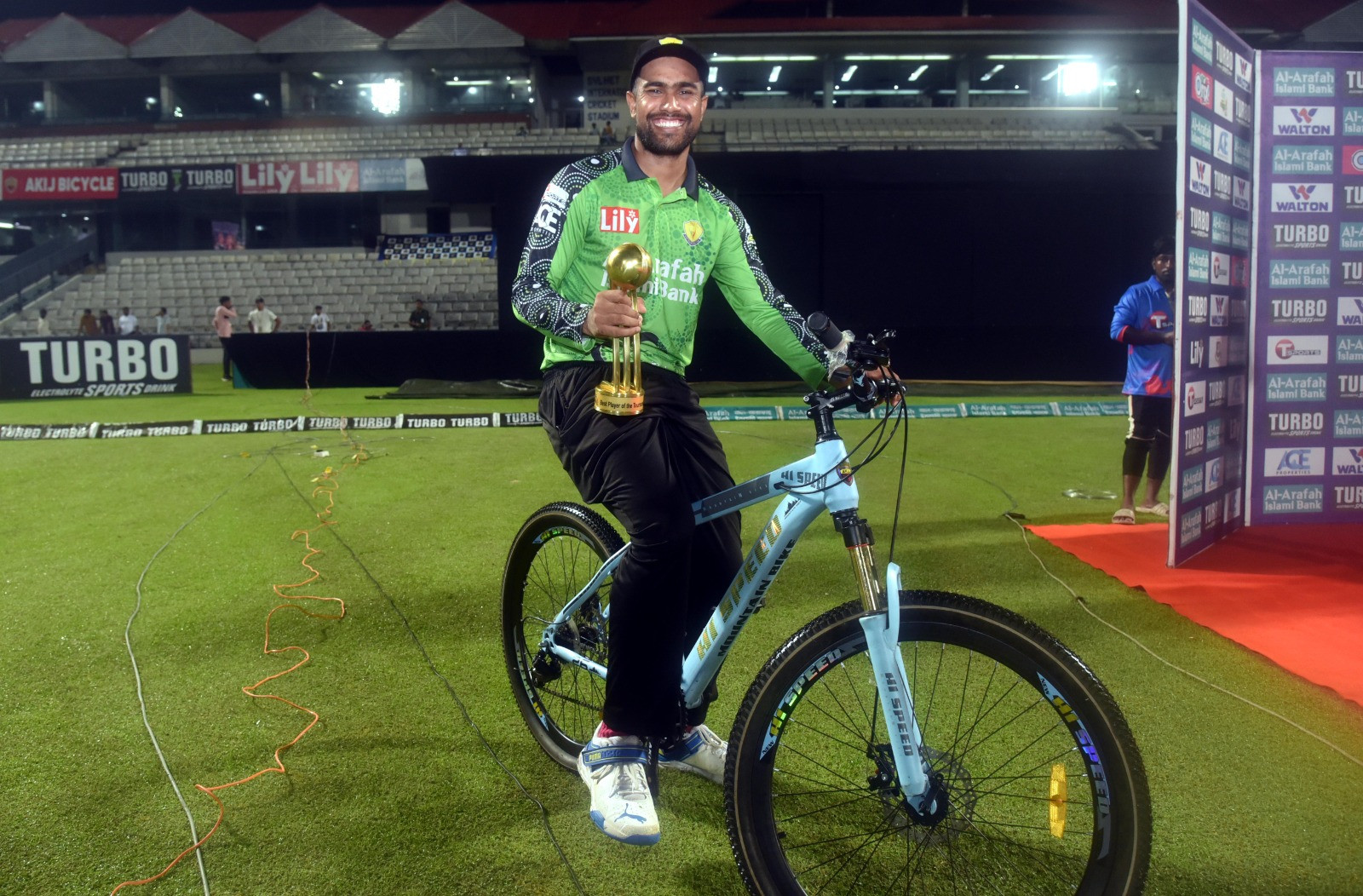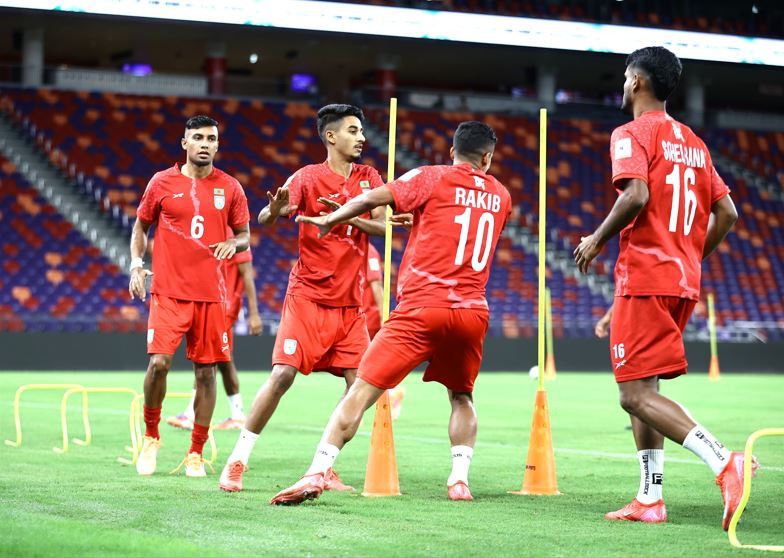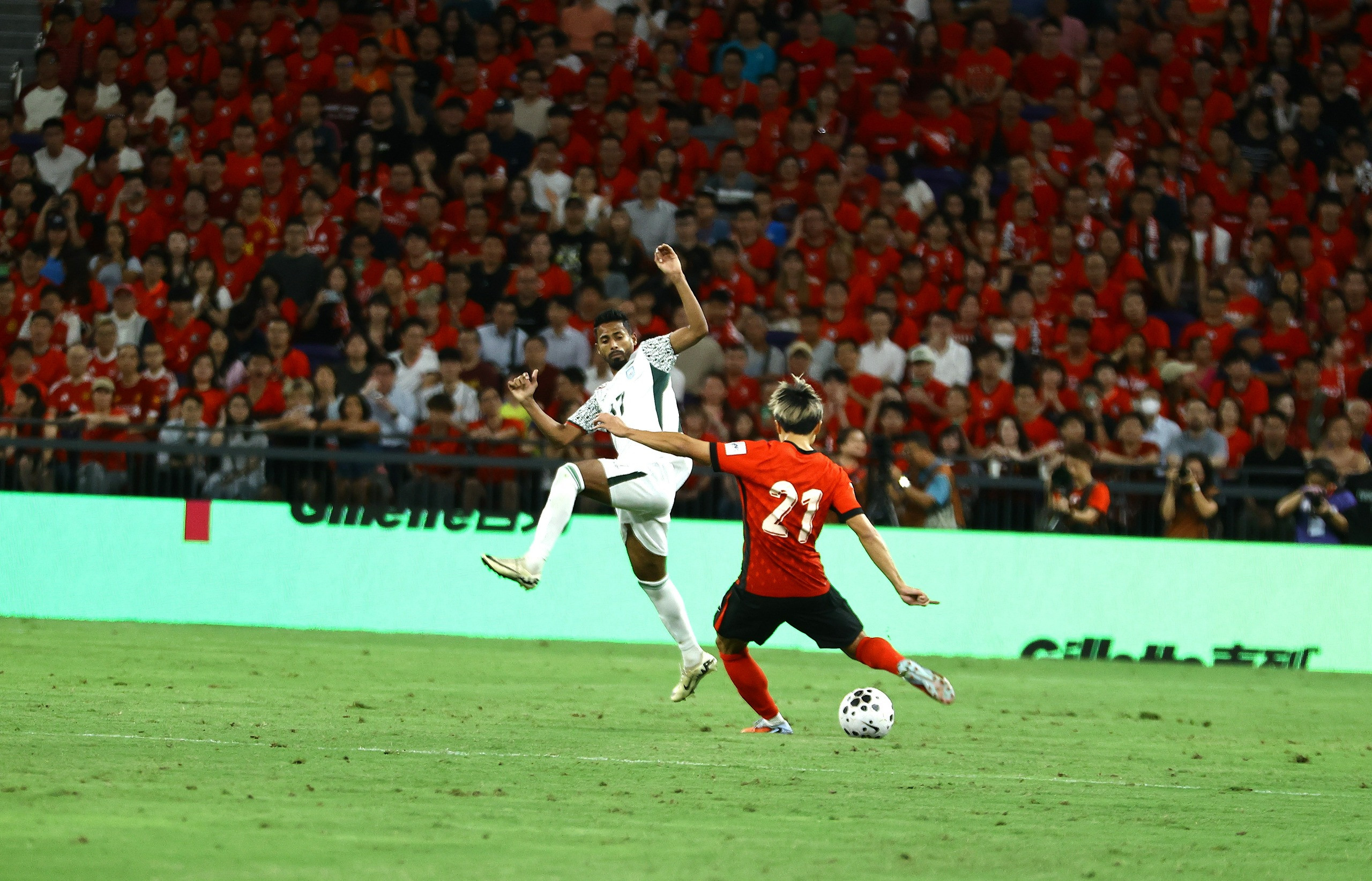
Asif Mahmud believes boycotting clubs will return to cricket
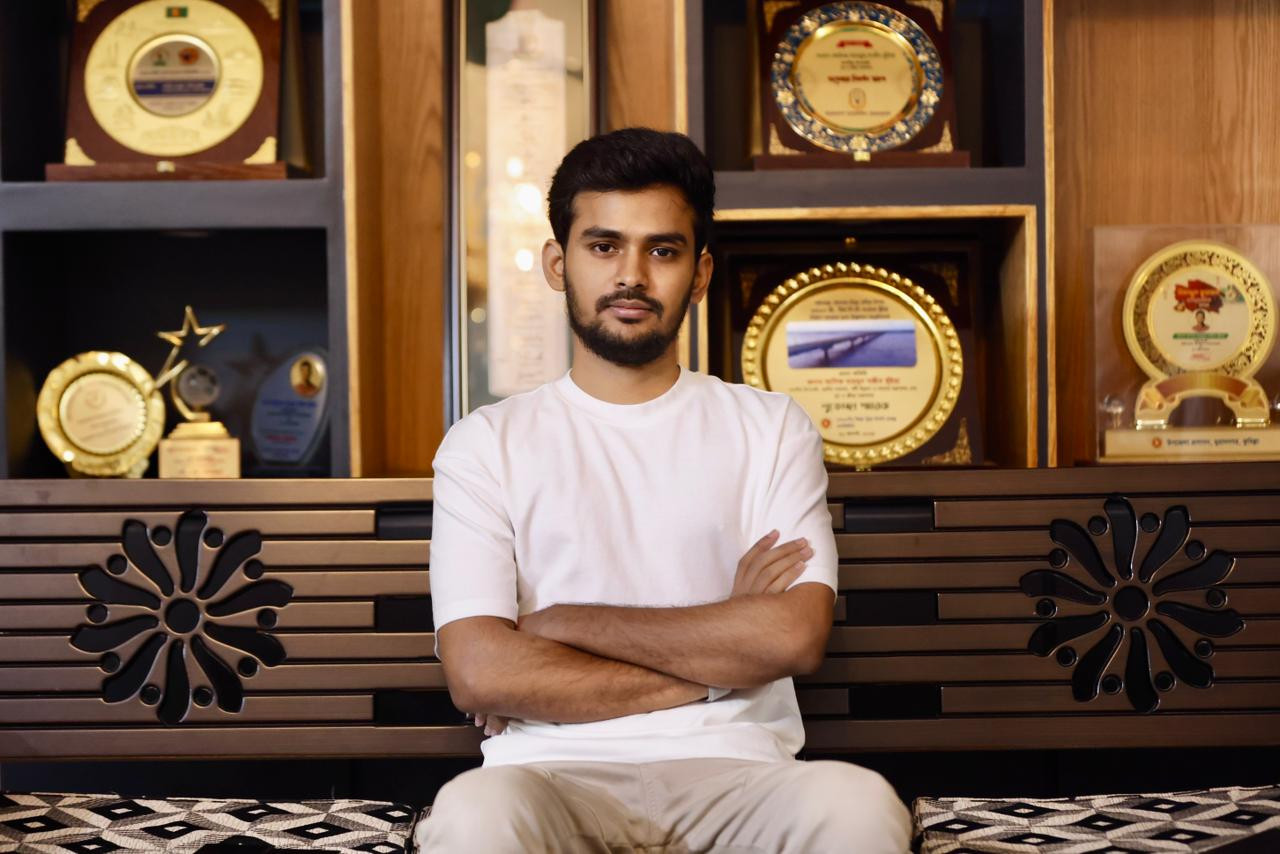
Bangla Press Desk: Youth and Sports Adviser Asif Mahmud Shojib Bhuyain believes the Dhaka-based clubs protesting the recent Bangladesh Cricket Board (BCB) election will eventually return to cricket, describing their boycott as a decision made in the “heat of the moment.”
On October 8, several Dhaka-based cricket organisers under the Dhaka Club Cricket Organisers Association (DCCOA) announced a complete boycott of all levels of cricket. The move came in protest against the BCB election in which Aminul Islam was elected as president.
Representatives from a number of prominent clubs and districts rejected the legitimacy of that election, claiming irregularities in the process.
However, Shojib appeared confident that the game will go on as planned.
“I don’t think the game will be stopped. I feel it will be played at the right time, and we’ll take all the necessary steps to ensure that. Many clubs made their announcements in the heat of the moment,” Asif Mahmud told Daily Sun in an exclusive interview.
He stressed that clubs function as communities rather than being controlled by a single individual.
“We must remember one thing — a club is not run by one man. Clubs have an ecosystem. For example, if I mention Gulshan Youth Club, do you think it’s run only by the councillor? People of the area and those associated with it contribute funds together. They won’t abandon the game,” he said.
Asif Mahmud suggested that the boycott was largely symbolic and that practical realities would soon bring the clubs back to the field.
“I feel they wanted to show they have a big team of boycotters, and a lot of activities took place in the heat of the moment. But the game will happen as scheduled and the clubs will play. If someone is refusing to play just because he couldn’t become a director or lost in the election, then we can’t do much about it,” he said.
The adviser also revealed that the government plans to bring state agencies into club cricket to help reform and stabilise the system.
“We are working on reforms, inviting major government agencies like PWD, Railways, and City Corporations to take charge of clubs because they have the financial capacity and sports budgets. The idea is to utilise the full ecosystem,” Asif Mahmud explained.
“Many players have to quit early to focus on business or other careers. If good players are picked by government agencies, they can have jobs — like MS Dhoni used to play for Railways in India. This would help sustain their careers and strengthen our domestic structure.”
When asked whether the government had influenced the BCB election, Shojib dismissed the allegation outright.
“The National Sports Council (NSC) only gave the policy,” he said.
“NSC did not mention any person’s name anywhere. They only asked divisions and districts to select representatives from their own committees. In one or two places, the district sports officer had to step in because all seven members wanted to be councillors and couldn’t decide among themselves. No one can say we suggested any name. The clubs sent their own councillors.”
Asif Mahmud also said he would have personally liked to see Tamim Iqbal contest as an independent candidate rather than aligning with any political group.
“For us and for Bangladeshi fans, it would’ve been great to see Tamim Iqbal bhai come as an independent candidate. I think his fans didn’t like seeing him in a political mould because we’ve had bitter experiences with that — not long ago, quite recently. But at the end of the day, everyone has his own choice, and we can’t say much about it,” he remarked.
Asif rejected the idea, floated by some club organisers, that the current BCB board could be dissolved following the national election.
“When I took charge, I saw eight or nine board directors from the previous fascist regime who had been elected. We more or less know how they came. Back then, there used to be one candidate who decided who would become a board member,” he said.
“This time, one candidate came and told me — ‘Whether I win or not, at least I could collect a nomination form this time. For that, thank you.’ Because in the last two terms, he couldn’t even collect a nomination form. And he’s a club candidate who probably became a director too.”
He noted that despite controversies, the process strictly followed constitutional and international guidelines.
“Those eight or nine directors from that time — we couldn’t do anything about them because they were elected. And according to the constitution, even amid turmoil, I had to follow it, had to follow ICC guidelines, and properly communicate with them. Any miscommunication or influence beyond our power could’ve led ICC to suspend BCB’s funding or impose sanctions, which would’ve been disastrous for our cricket,” Shojib said.
He stressed that a mature political approach is essential for protecting the game’s independence.
“If someone thinks maturely, no matter what political government comes to power, they won’t put their hand here. If political parties refrain from interfering, it’ll be their first step toward de-politicisation,” he said.
“They can show goodwill through this. But if they decide to remove the current board, it’ll be clear they’re trying to politicise it — and that will harm sports.”
BP/SP
YOU MAY ALSO LIKE

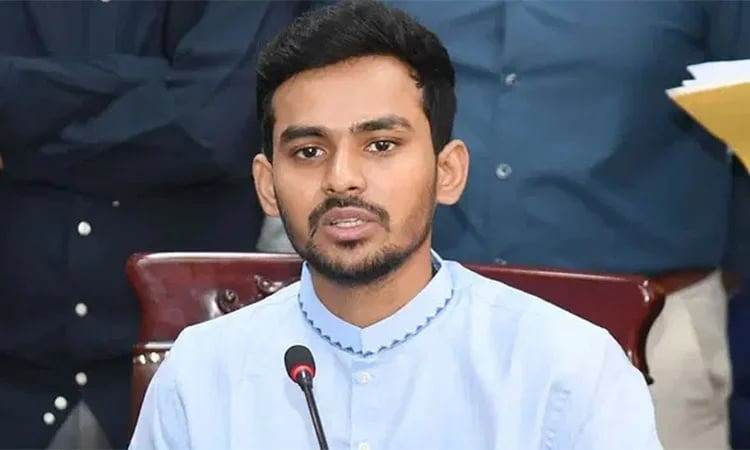
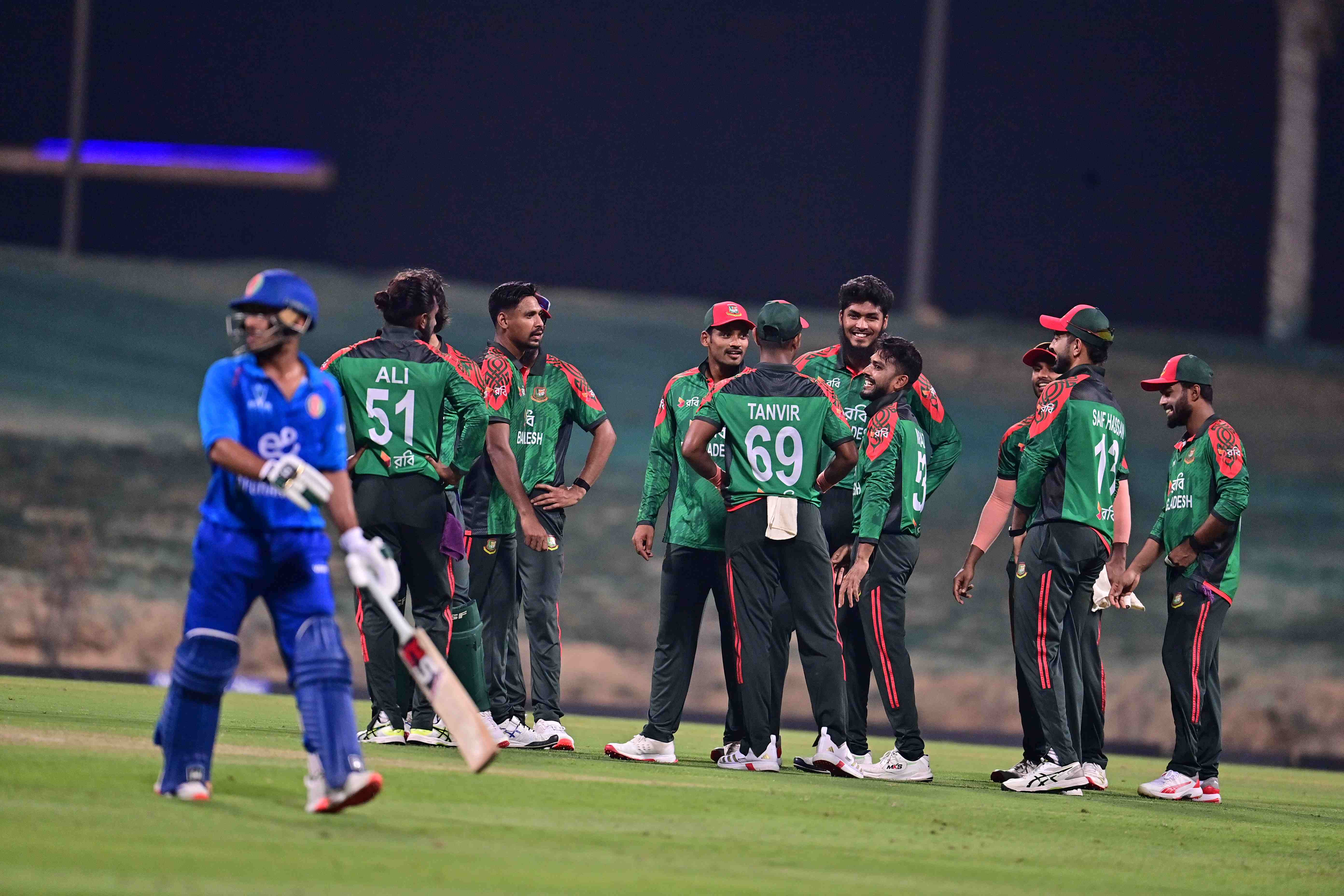
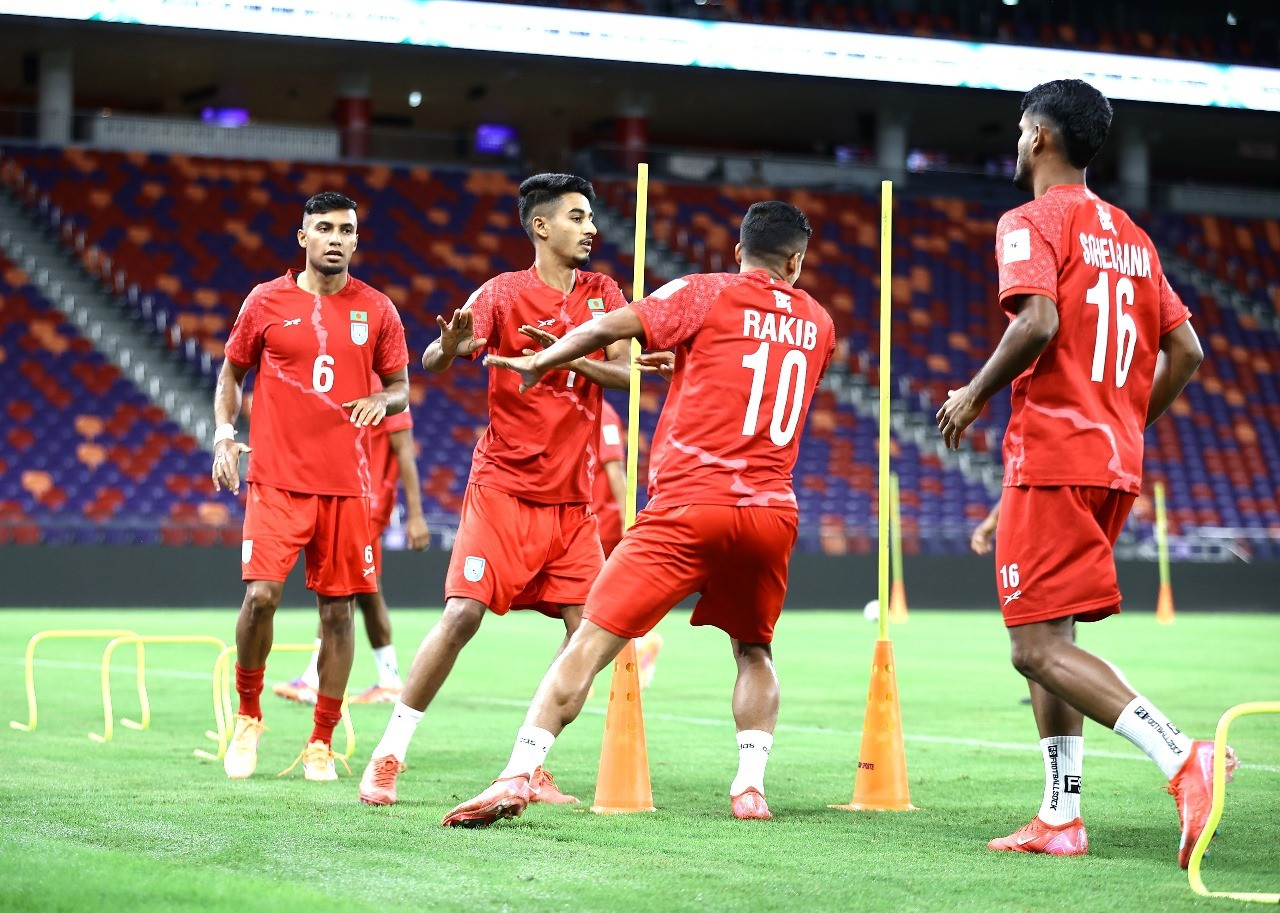
Jamal benched as Bangladesh make three changes for Hong Kong, China clash
